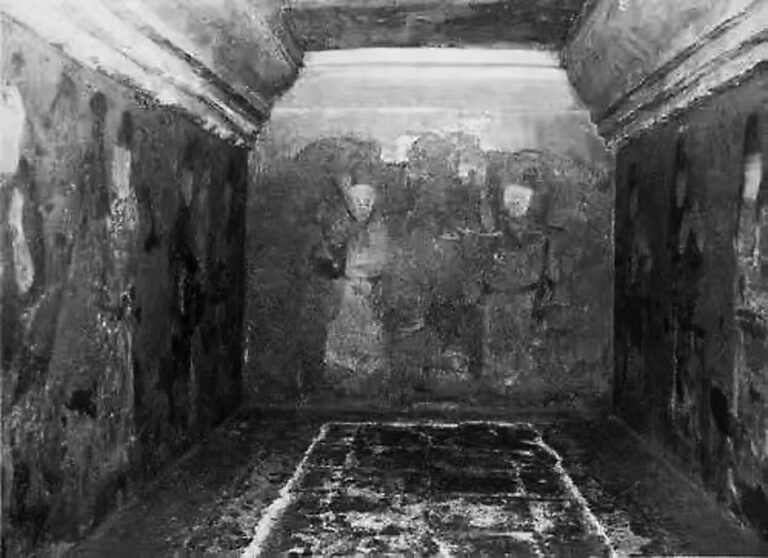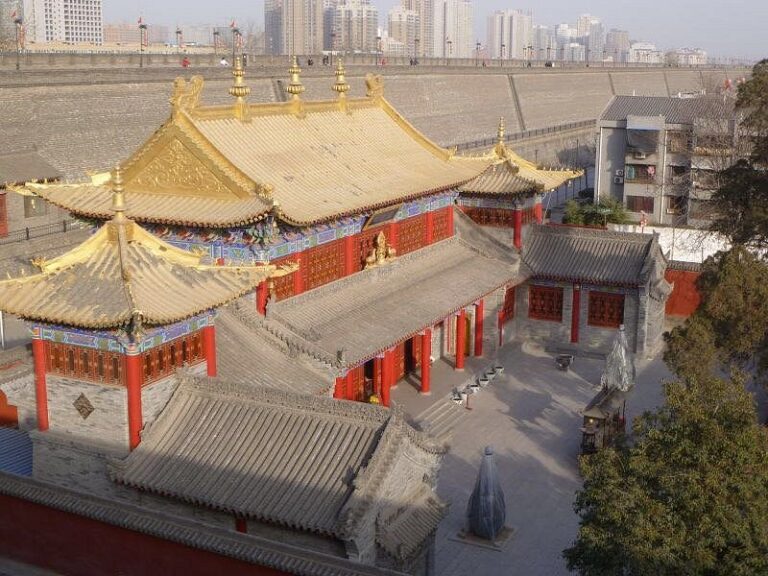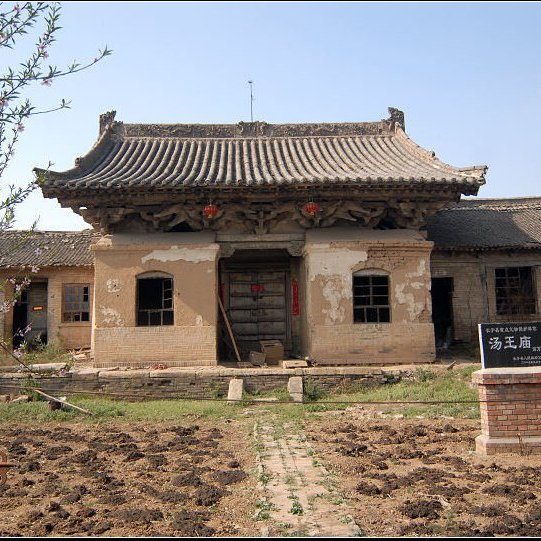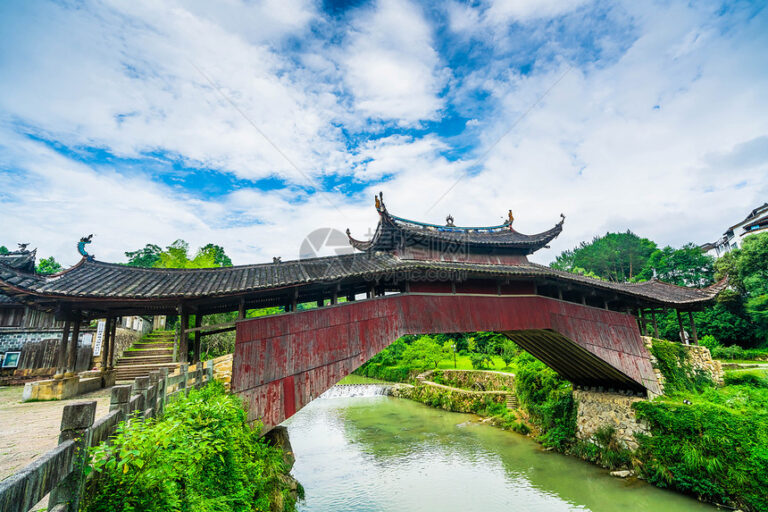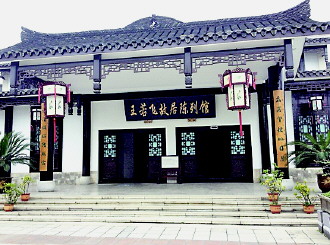A Journey Through Zhangzhou Dongshan Shushou: Must-See Attractions at Taiwan Jiangshi Muqun
An Essential Guide to Visiting Zhangzhou Dongshan Shushou Taiwan Jiangshi Muqun
In This Guide
- An Essential Guide to Visiting Zhangzhou Dongshan Shushou Taiwan Jiangshi Muqun
- The Rich History of Zhangzhou Dongshan Shushou Taiwan Jiangshi Muqun
- Main Highlights: What to See at Zhangzhou Dongshan Shushou Taiwan Jiangshi Muqun
- Planning Your Visit: A Practical Guide
- Tickets, Hours, and Booking
- How to Get There
- Local Cuisine and Accommodation
- Frequently Asked Questions
- Final Thoughts on Your Trip
Nestled in the serene landscape of Fujian Province, the Zhangzhou Dongshan Shushou Taiwan Jiangshi Muqun (福建戍守台湾将士墓群) stands as a poignant testament to the sacrifices made by Chinese soldiers during a tumultuous chapter in history. This unique burial site, also known as the Huxi Mountain Martyrs’ Cemetery, honors the 135 Qing Dynasty soldiers who fell while defending Taiwan from Japanese incursions in the 19th century.
The cemetery is located at the foot of Huxi Mountain in Min’an Village, offering visitors not only a glimpse into the past but also a breathtaking view of the surrounding natural beauty. Here, the spirits of those brave warriors rest peacefully, their legacy preserved in meticulously arranged graves adorned with stone tablets bearing their names and origins.
Every year, especially during Qingming Festival, locals and visitors alike gather to pay their respects, reflecting on the shared history and deep-rooted connections between the people of Fujian and Taiwan. This site is more than just a memorial; it encapsulates the indomitable spirit of unity and resilience in the face of external threats.
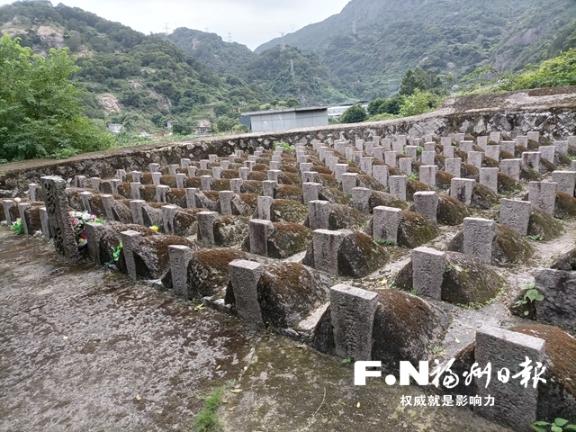
Zhangzhou Dongshan Shushou Taiwan Jiangshi Muqun.
As you explore the Zhangzhou Dongshan Shushou Taiwan Jiangshi Muqun, you will discover not only a historical landmark but also a narrative of courage, sacrifice, and the enduring bond that ties the people of these two regions together. It invites travelers to reflect on the past while appreciating its role in shaping the present and future.
The Rich History of Zhangzhou Dongshan Shushou Taiwan Jiangshi Muqun
The Zhangzhou Dongshan Shushou Taiwan Jiangshi Muqun, also known as the Tombs of the Soldiers Guarding Taiwan, serves as a poignant historical testament to the sacrifices made by the troops from Fujian Province during the Qing Dynasty. Located at the foot of Huto Mountain in Min’an Village, the site is not only an important cultural monument but also a symbol of the enduring ties between the people of Fujian and Taiwan.
The origins of this memorial date back to the tumultuous events of the 19th century, specifically the “Mudanshe Incident” in 1874, which prompted Japanese aggression towards Taiwan. In response to this threat, Qing officials dispatched troops to the island to defend against the invasion. Among these brave soldiers were 135 members of the Fujian Navy who ultimately lost their lives in the fierce fighting and due to subsequent disease outbreaks. Their remains were returned to Fujian, where they were interred at this sacred site, emphasizing the respect and honor bestowed upon them for their service.
The architectural design of the tombs is distinctive, featuring a series of carefully arranged burial mounds, each marked with a small gravestone detailing the names and home provinces of the fallen soldiers. This meticulous arrangement reflects not only the respect for these individuals but also the shared heritage of the region, illustrating the deep-rooted connections between the people of Fujian and Taiwan.
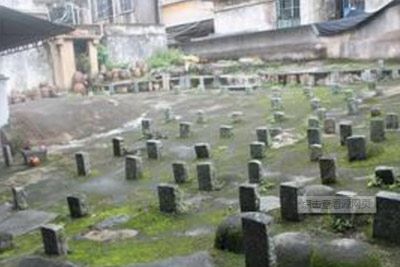
Zhangzhou Dongshan Shushou Taiwan Jiangshi Muqun.
Over the years, the Zhangzhou Dongshan Shushou Taiwan Jiangshi Muqun has been recognized as a crucial historical site, receiving various levels of protection from local and national governments. In 1992, it was designated as a district-level cultural heritage site, followed by provincial recognition in 2009, and national importance in 2013. These designations underscore the significance of the site in the broader narrative of China’s military history and its maritime defense strategies during a period of modernization.
The tombs not only serve as a memorial to the soldiers’ bravery but also as a focal point for commemorative activities. Local communities, students, and military personnel gather here during significant dates, such as Qingming Festival, to honor the sacrifices made by these soldiers. This ritual underscores the ongoing cultural and familial bonds that transcend time and geography, reinforcing a collective memory that continues to resonate with both Fujianese and Taiwanese people.
Today, the Zhangzhou Dongshan Shushou Taiwan Jiangshi Muqun stands as a powerful reminder of the historical struggles faced by the region, illuminating the enduring spirit of resilience and unity in the face of foreign aggression. It is a site that invites reflection on the values of courage, sacrifice, and the intertwined destinies of the peoples of Fujian and Taiwan.
Main Highlights: What to See at Zhangzhou Dongshan Shushou Taiwan Jiangshi Muqun
The Zhangzhou Dongshan Shushou Taiwan Jiangshi Muqun, or the “Tomb Complex of Soldiers Defending Taiwan,” is a poignant historical site located in the picturesque Fujian province of China. This site serves as a solemn tribute to the brave soldiers of the Qing dynasty who sacrificed their lives during the defense of Taiwan against external threats, particularly during the tumultuous period of the 19th century.
Historical Significance
The tomb complex is not merely a burial site; it stands as a testament to the shared heritage and resilient spirit of the people from Fujian and Taiwan. Established during the Qing dynasty, the site honors the 135 soldiers who died while defending Taiwan from Japanese incursions in 1874, particularly during the “Mudanshan Incident.” Their remains were transported back to this sacred ground, where each soldier is commemorated with a small gravestone detailing their name and place of origin.
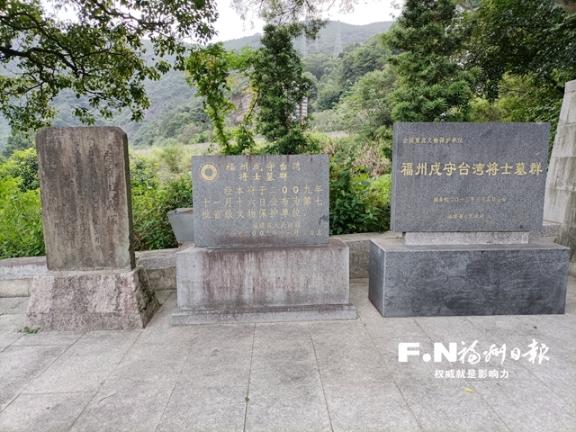
Zhangzhou Dongshan Shushou Taiwan Jiangshi Muqun.
Architectural Features
This unique necropolis features a carefully organized layout, with each grave arranged in rows that reflect a deep respect for the fallen. The tombs are made from compacted earth, and the complex includes a prominent stone stele that marks the site as a place of significant historical value. The site’s tranquil setting, nestled against the hills and beside a flowing river, enhances its serene atmosphere, making it a peaceful place for reflection.
Cultural Importance
The Zhangzhou Dongshan Shushou Taiwan Jiangshi Muqun is recognized as a national key cultural relic protection unit, underscoring its importance in Chinese history and heritage. It symbolizes the enduring ties between Fujian and Taiwan, illustrating the shared struggles and victories that have defined their relationship over centuries. The site plays a crucial role in commemorative activities, particularly during the Qingming Festival and other significant holidays, where local residents and visitors gather to pay their respects.
Connectivity and Accessibility
Recent enhancements to the site have made it more accessible to visitors. A well-maintained pathway leads from the nearby Minan village to the tomb complex, allowing tourists to easily explore the area. The local government’s commitment to preserving this site ensures that it will remain a vital part of the historical narrative surrounding China’s maritime defense and the cultural connections between the mainland and Taiwan.
Conclusion
Visiting the Zhangzhou Dongshan Shushou Taiwan Jiangshi Muqun offers a profound opportunity to engage with an essential chapter of Chinese history. It is a place where the sacrifices of the past are honored, and the shared cultural identity of the people from Fujian and Taiwan is celebrated, making it a must-visit for history enthusiasts and anyone interested in understanding the deeper connections that bind these regions together.
Planning Your Visit: A Practical Guide
Exploring the Zhangzhou Dongshan Shushou Taiwan Jiangshi Muqun (福建戍守台湾将士墓群) offers a unique glimpse into a significant historical site in China, where the legacies of bravery and sacrifice are honored. Here’s a practical guide to help you make the most of your visit.
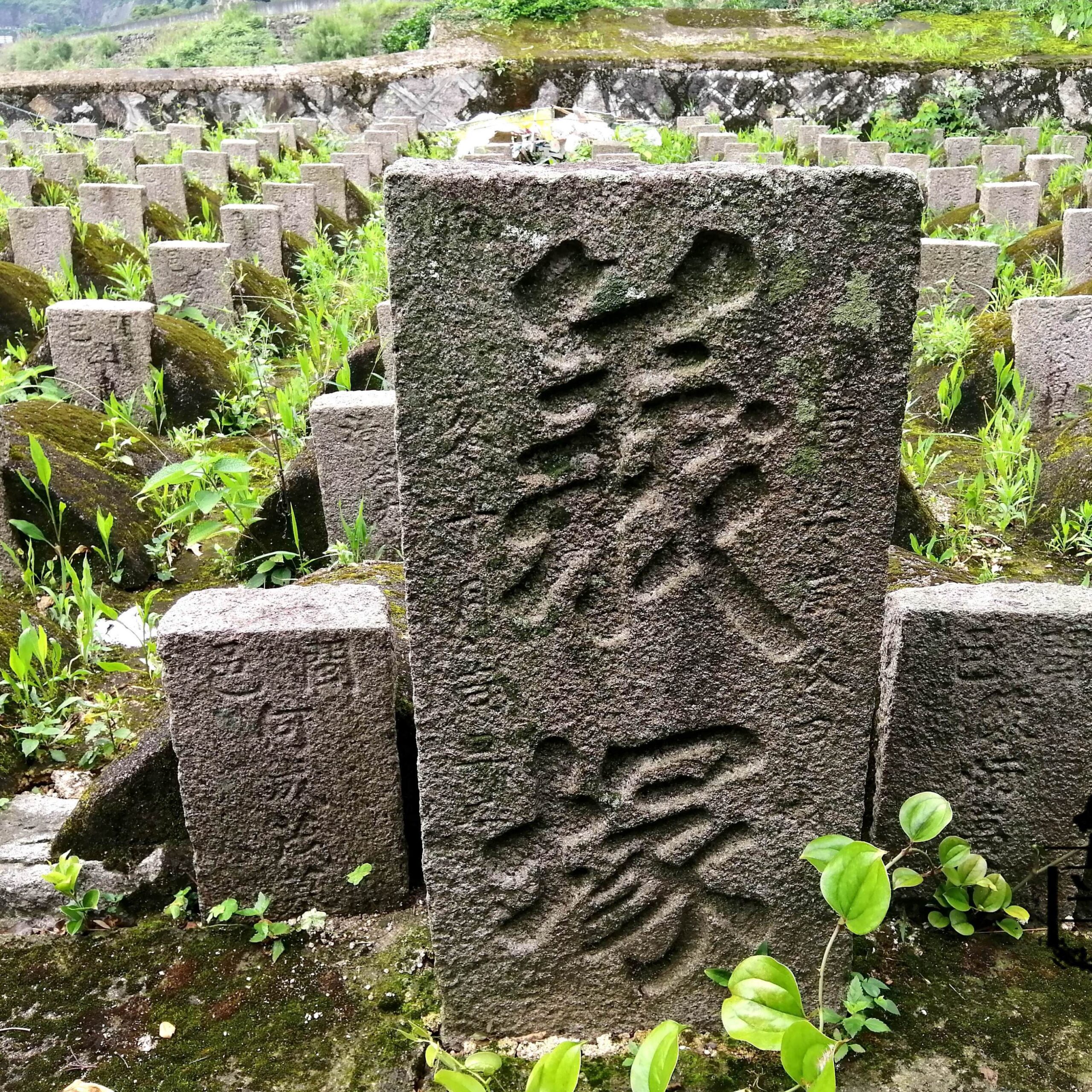
Zhangzhou Dongshan Shushou Taiwan Jiangshi Muqun.
Getting There
The Zhangzhou Dongshan Shushou Taiwan Jiangshi Muqun is located in the picturesque HuTou Mountain area of Min’an Village, within the Mawei District of Fuzhou, Fujian Province.
-
By Air: The nearest airport is Fuzhou Changle International Airport (FOC), approximately 50 kilometers away. From the airport, you can take a taxi or book a shuttle to reach the site.
-
By Train: Fuzhou Railway Station is well-connected to major cities in China, including Shanghai and Beijing. Upon arrival, local taxis or buses can transport you to Mawei District.
-
By Car: If you are driving, follow the signs towards Mawei and then to Min’an Village. The area is accessible via well-maintained roads, and parking is available near the site.
Best Time to Visit
The ideal time to visit the cemetery is during the spring and autumn months (March to May, September to November), when the weather is mild and pleasant. Additionally, significant dates like Qingming Festival (Tomb Sweeping Day) and other national holidays see commemorative events that can enhance your experience of the site.
What to Expect
Upon your arrival at the Zhangzhou Dongshan Shushou Taiwan Jiangshi Muqun, you will encounter a serene environment reflecting the solemnity of the memorial. Here’s what you can expect:
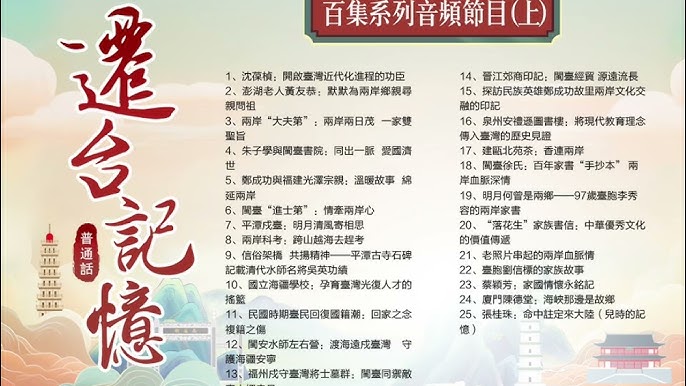
Zhangzhou Dongshan Shushou Taiwan Jiangshi Muqun.
-
Historical Significance: The cemetery is the final resting place for 135 soldiers who sacrificed their lives during the 1874 military conflict to protect Taiwan from foreign invasion. Their stories are etched into the stone monuments that line the grounds.
-
Unique Structure: The burial site features a distinctive layout with 135 graves, each marked by a small headstone detailing the soldier’s name and place of origin. The main monument inscribed with historical details stands as a testament to their courage.
-
Scenic Views: The cemetery is situated on the hillside, offering beautiful views of the surrounding valleys and mountains. It’s a peaceful place for reflection and contemplation.
Visitor Information
-
Entrance Fee: There is no entrance fee, making it accessible for all visitors.
-
Guided Tours: While self-exploration is encouraged, guided tours are also available. Local historians can provide valuable insights into the significance of the site and the soldiers’ stories.
-
Facilities: There are basic amenities available, including restrooms and areas for quiet reflection. It is advisable to bring water and snacks, as options may be limited in the immediate vicinity.
Respectful Conduct
As this site honors those who gave their lives for their country, it is essential to maintain a respectful demeanor during your visit. Here are some guidelines:
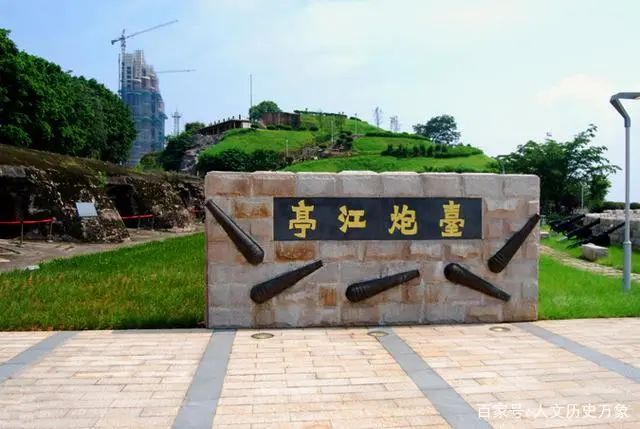
Zhangzhou Dongshan Shushou Taiwan Jiangshi Muqun.
-
Quiet Reflection: Keep noise to a minimum to ensure a peaceful atmosphere for other visitors.
-
Photography: While taking photos is usually permitted, be mindful of the somber nature of the site. Avoid using flash or disruptive equipment.
-
Commemorative Practices: If you wish to pay your respects, consider bringing flowers or incense, following local customs.
Nearby Attractions
If time permits, explore additional attractions in the Mawei District:
-
Fuzhou’s Ancient Towns: Discover traditional streets and architecture, reflecting the rich cultural heritage of the region.
-
Xichan Temple: A beautiful Buddhist temple nearby, known for its tranquility and stunning architecture.
-
Local Cuisine: Sample local delicacies at nearby restaurants, known for their seafood and Fujian-style dishes.
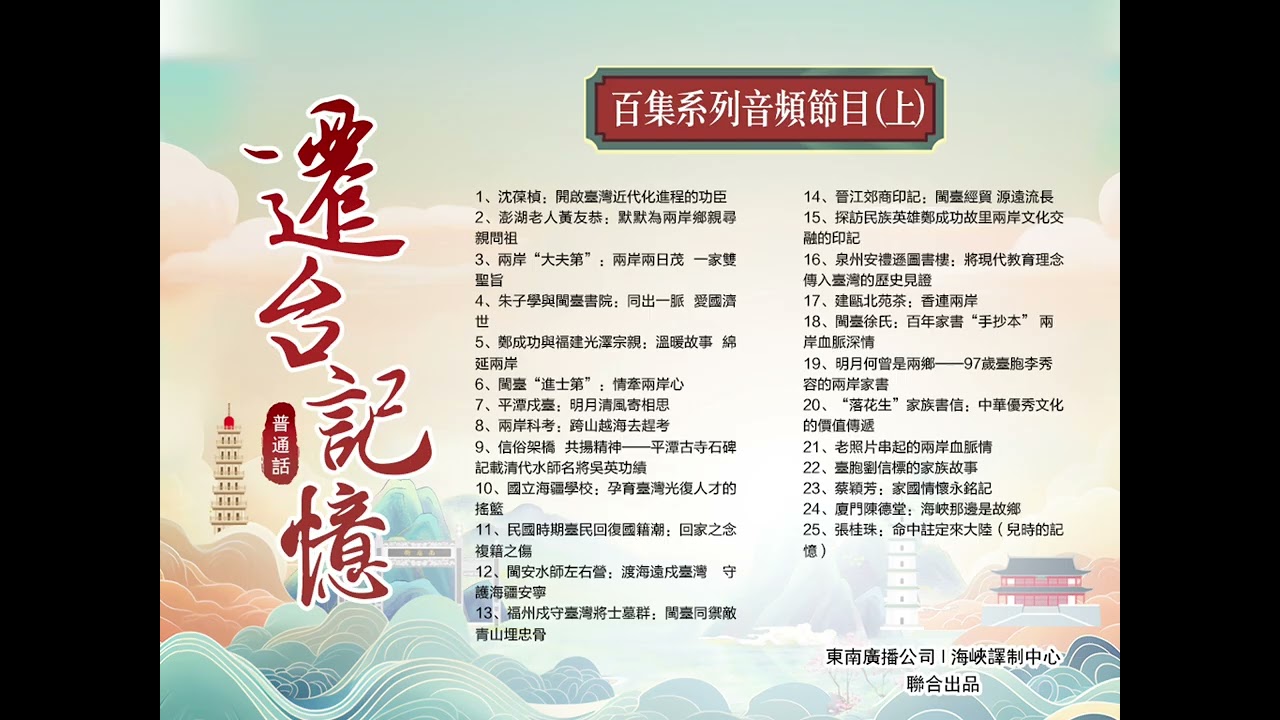
Zhangzhou Dongshan Shushou Taiwan Jiangshi Muqun.
Conclusion
Visiting the Zhangzhou Dongshan Shushou Taiwan Jiangshi Muqun offers a profound opportunity to connect with history and honor the sacrifices made by soldiers. By planning your trip thoughtfully, you can ensure a meaningful experience that respects the legacy of those who came before.
Tickets, Hours, and Booking
Visiting the Zhangzhou Dongshan Shushou Taiwan Jiangshi Muqun (福建戍守台湾将士墓群) offers not only a glimpse into China’s rich military history but also a chance to engage with the deep cultural ties between Fujian and Taiwan. Here’s what you need to know about tickets and visiting this significant historical site.
Admission Details
-
Entry Fee: There is no admission charge to visit the Zhangzhou Dongshan Shushou Taiwan Jiangshi Muqun, making it accessible to everyone interested in exploring this site of historical significance.
-
Opening Hours: The memorial complex is open to the public year-round. However, it is advisable to visit during daylight hours to fully appreciate the site’s serene environment and reflective atmosphere.
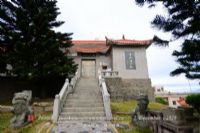
Zhangzhou Dongshan Shushou Taiwan Jiangshi Muqun.
Visiting Guidelines
-
Guided Tours: While the site does not require tickets, guided tours are available and can enhance your understanding of the memorial’s context. It’s recommended to arrange for a local guide to enrich your experience with stories and historical insights.
-
Facilities: Basic facilities such as restrooms and seating areas are available on-site. Visitors are encouraged to respect the solemn nature of the memorial.
Special Events
- Commemorative Activities: During significant cultural festivals, such as Qingming Festival (Tomb-Sweeping Day), local students and community members gather at the site for memorial events. These occasions provide a unique opportunity to witness the local customs and traditions honoring those who sacrificed their lives.
Accessibility
- Transportation: The site is easily accessible by car and public transport. Roads leading to the memorial are well-maintained, and there is ample parking available for visitors driving to the site.
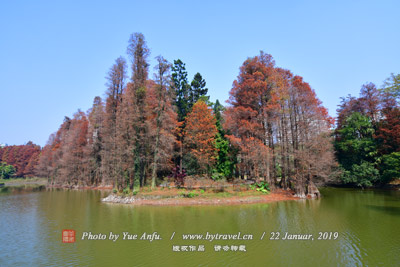
Zhangzhou Dongshan Shushou Taiwan Jiangshi Muqun.
Conclusion
Whether you are a history enthusiast, a cultural traveler, or just looking for a peaceful retreat, the Zhangzhou Dongshan Shushou Taiwan Jiangshi Muqun is a must-visit. With no entry fee and the chance to connect with the rich heritage of the region, it is an ideal destination for those seeking to delve deeper into the historical ties that bind Fujian and Taiwan.
How to Get There
Getting to the Zhangzhou Dongshan Shushou Taiwan Jiangshi Muqun (the Fujian Tombs of Soldiers Who Defended Taiwan) can be an enriching experience, as it provides insight into a significant piece of history. The cemetery, also known as the Hutou Mountain Martyrs’ Cemetery, is located near the coastal town of Min’an in the Mawei District of Fuzhou, Fujian Province.
How to Reach the Tombs
By Air
The nearest major airport is Fuzhou Changle International Airport (FOC), located about 50 kilometers from the cemetery. This airport offers domestic flights from major cities in China as well as international connections. From the airport, you can hire a taxi or use a rideshare service to reach the cemetery.
By Train
Fuzhou serves as a central hub for rail transport in the region. You can take a high-speed train to Fuzhou Railway Station from cities such as Shanghai, Guangzhou, or Xiamen. Once you arrive at the station, you have a couple of options to continue your journey to the tombs:
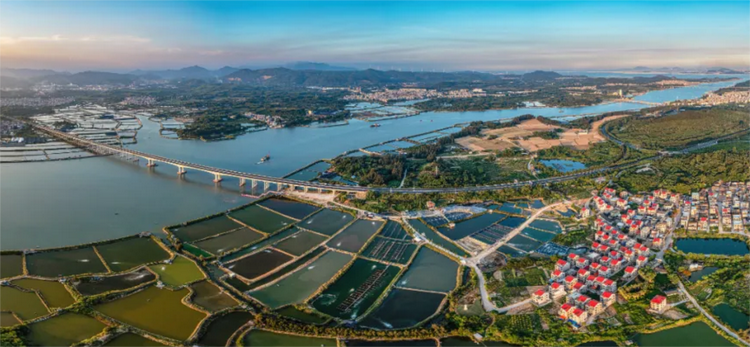
Zhangzhou Dongshan Shushou Taiwan Jiangshi Muqun.
- Taxi: Taxis are readily available outside the train station. The ride to the cemetery will take approximately 30-40 minutes, depending on traffic.
- Public Bus: For a more economical option, take a city bus to Mawei District. From there, you can transfer to a local bus or taxi to reach the tombs.
By Bus
If you are in nearby cities like Xiamen or Zhangzhou, you can take a long-distance bus to Fuzhou. Buses to Fuzhou leave frequently and offer a comfortable ride. Upon arriving at the Fuzhou Bus Station, you can follow the same options as from the train station—hailing a taxi or using public transportation to reach the cemetery.
Local Transportation
Once in the vicinity of the Zhangzhou Dongshan Shushou Taiwan Jiangshi Muqun, local transportation options are quite accessible:

Zhangzhou Dongshan Shushou Taiwan Jiangshi Muqun.
-
Walking: The cemetery is situated at the foot of Hutou Mountain, and there are designated walking paths that lead to the site. The serene surroundings make it a pleasant hike.
-
Bicycles: In Min’an village, you may find local bike rentals. Cycling can be an enjoyable way to explore the area and reach the cemetery at your own pace.
Accessibility
The cemetery is well-maintained and designed for visitor access. For those with mobility issues, it is advisable to consult local transportation services in advance to ensure a smooth visit.
Tips for Travelers
- Best Time to Visit: The ideal times to visit are during the spring and autumn months when the weather is pleasant. National holidays, especially Qingming Festival, may see larger crowds due to memorial activities.
- Guided Tours: Consider joining a guided tour for a more informative experience, as local guides often share fascinating stories about the soldiers commemorated at the tombs and the historical context of the site.
By planning your transportation and understanding the best ways to reach this significant historical site, you can ensure a meaningful visit to the Zhangzhou Dongshan Shushou Taiwan Jiangshi Muqun.

Zhangzhou Dongshan Shushou Taiwan Jiangshi Muqun.
Local Cuisine and Accommodation
When visiting the Zhangzhou Dongshan Shushou Taiwan Jiangshi Muqun (the Fujian Tombs of Soldiers Guarding Taiwan), you’ll want to immerse yourself not only in the rich history but also in the local culinary delights and comfortable accommodations that enhance your experience.
Culinary Delights
The region around Zhangzhou is famous for its unique Fujian cuisine, which is known for its emphasis on fresh ingredients, seafood, and delicate flavors. Here are a few must-try dishes and local eateries:
-
Buddha Jumps Over the Wall (佛跳墙): This elaborate dish is a luxurious soup made with a variety of ingredients including shark fin, abalone, sea cucumber, and chicken, slow-cooked to perfection. Look for reputable restaurants in Zhangzhou that specialize in this dish for an authentic experience.
-
Fujian Fried Rice (闽南炒饭): A staple in the area, this fried rice is often prepared with local seafood and vegetables, giving it a unique taste that’s different from other regional varieties. Local eateries often serve this dish at a reasonable price.
-
Peanut Soup (花生汤): A local favorite, this sweet soup is made from boiled peanuts and sugar, providing a comforting end to any meal. Many street vendors and small restaurants around the area offer this delightful dessert.
-
Seafood Dishes: Given Zhangzhou’s coastal location, fresh seafood is abundant. Try the steamed oysters or fried squid at local seafood restaurants, where the catch of the day is prepared right before your eyes.
For dining, consider visiting Zhangzhou Seafood Restaurant near the waterfront, known for its fresh catches and traditional dishes. Another great option is Fujian Cuisine House, which offers a variety of local specialties in a cozy setting.
Accommodation Options
After a day of exploring the historical tombs and indulging in delicious food, you’ll need a comfortable place to rest. Here are a few recommendations for accommodations in and around Zhangzhou:

Zhangzhou Dongshan Shushou Taiwan Jiangshi Muqun.
-
Zhangzhou International Hotel: This modern hotel offers comfortable rooms, excellent amenities, and conveniently located close to local attractions and dining options. It’s perfect for travelers looking for a bit of luxury after a day of sightseeing.
-
Fujian Zhangzhou Hotspring Hotel: If you’re in need of relaxation, this hotel features hot spring baths that are perfect for unwinding. With spacious rooms and a serene environment, it’s a wonderful place to recharge.
-
Local Guesthouses: For a more authentic experience, consider staying in one of the many guesthouses available in the area. These often provide a more personal touch and an opportunity to interact with locals. Look for options near the tombs for easy access.
-
Budget Hostels: If you’re traveling on a budget, several hostels in Zhangzhou offer clean and simple accommodations. These are great places to meet fellow travelers and share tips about the region.
Whether you’re indulging in the flavors of Fujian cuisine or resting in a comfortable hotel, your visit to the Zhangzhou Dongshan Shushou Taiwan Jiangshi Muqun will be enhanced by the local food and accommodation experiences.
Frequently Asked Questions
Frequently Asked Questions
1. What is the Zhangzhou Dongshan Shushou Taiwan Jiangshi Muqun?
The Zhangzhou Dongshan Shushou Taiwan Jiangshi Muqun, also known as the Fuzhou Memorial Cemetery for Soldiers Guarding Taiwan, is a historical site located in Hutu Mountain, Min’an Village, Fuzhou. It honors the 135 Qing Dynasty soldiers who died while defending Taiwan against Japanese aggression in 1874. The site is significant for its representation of the shared heritage of the Fujian and Taiwan peoples.
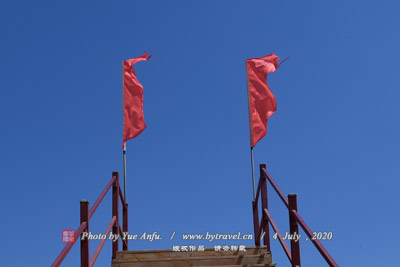
Zhangzhou Dongshan Shushou Taiwan Jiangshi Muqun.
2. Why is this cemetery historically significant?
This cemetery serves as a testament to the sacrifices made by soldiers from Fujian in protecting Taiwan, showcasing the historical bond and cultural ties between the two regions. It reflects China’s long-standing claim over Taiwan and is an essential part of the narrative surrounding territorial integrity and national pride.
3. How can visitors access the cemetery?
Visitors can reach the cemetery via a well-maintained road leading up to Hutu Mountain. A new bridge spans the Xinggang River, providing easy access, and there are designated parking areas nearby. The site is also equipped with pathways for hiking to enhance the visitor experience.
4. Are there any commemorative events held at the site?
Yes, the cemetery hosts commemorative activities, especially during traditional festivals like Qingming (Tomb-Sweeping Day) when local students, military personnel, and community members gather to pay their respects to the fallen soldiers.
5. What are the main features of the cemetery?
The cemetery consists of 135 individual graves arranged in an orderly fashion, each marked with a small headstone that lists the soldier’s name and place of origin. A notable stone tablet at the site commemorates the soldiers’ contributions, making it a unique historical monument.
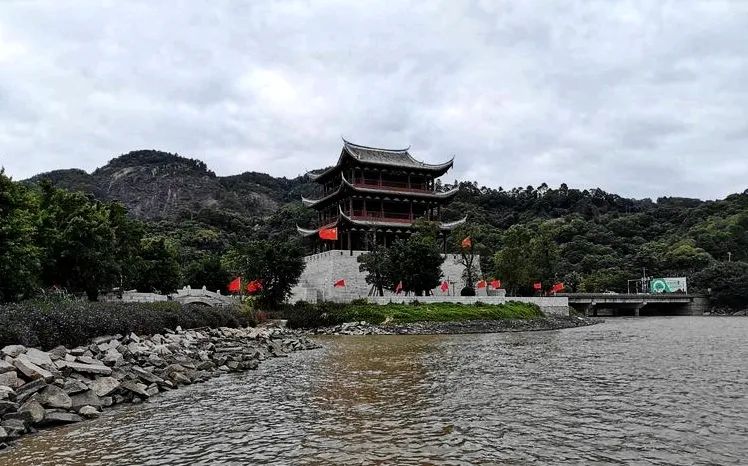
Zhangzhou Dongshan Shushou Taiwan Jiangshi Muqun.
6. Is there any information available on the historical events surrounding the cemetery?
Yes, the cemetery is associated with the “Mudanshe Incident” in 1874, during which Japan invaded Taiwan. The Qing government sent military assistance, including the soldiers buried at this site, to defend Taiwan. This historical context is crucial for understanding the significance of the cemetery.
7. Are there any facilities available for visitors?
The cemetery is equipped with a respectful viewing platform, providing a peaceful space for reflection. While the site is primarily a memorial, visitors are encouraged to explore the surrounding natural beauty and historical context of the area.
8. How is the site being preserved?
The Zhangzhou Dongshan Shushou Taiwan Jiangshi Muqun has been recognized as a key cultural heritage site and has undergone various preservation efforts, including repairs and the establishment of protective measures to ensure its historical integrity for future generations.
Final Thoughts on Your Trip
Visiting the Zhangzhou Dongshan Shushou Taiwan Jiangshi Muqun offers a profound glimpse into the intertwined history of Fujian and Taiwan, where shared bloodlines and collective memories resonate deeply. This unique burial site not only honors the fallen soldiers who bravely defended Taiwan in the face of external threats but also stands as a testament to the enduring spirit of the people from these regions. The meticulous efforts to preserve and commemorate this site reflect a broader commitment to acknowledge and learn from history, fostering a sense of unity and resilience.
As you walk among the graves marked with the names and origins of these heroic figures, you are reminded of the sacrifices made for national integrity and the importance of remembering those who came before. The site serves as a bridge connecting the past with the present, allowing visitors to appreciate the cultural and historical significance that continues to shape relations across the Taiwan Strait.
In an era where understanding and collaboration are pivotal, the Zhangzhou Dongshan Shushou Taiwan Jiangshi Muqun stands not only as a memorial but also as a beacon of hope for future generations. It invites all who visit to reflect on the lessons of history and to honor the legacy of those who have fought to protect their homeland.

